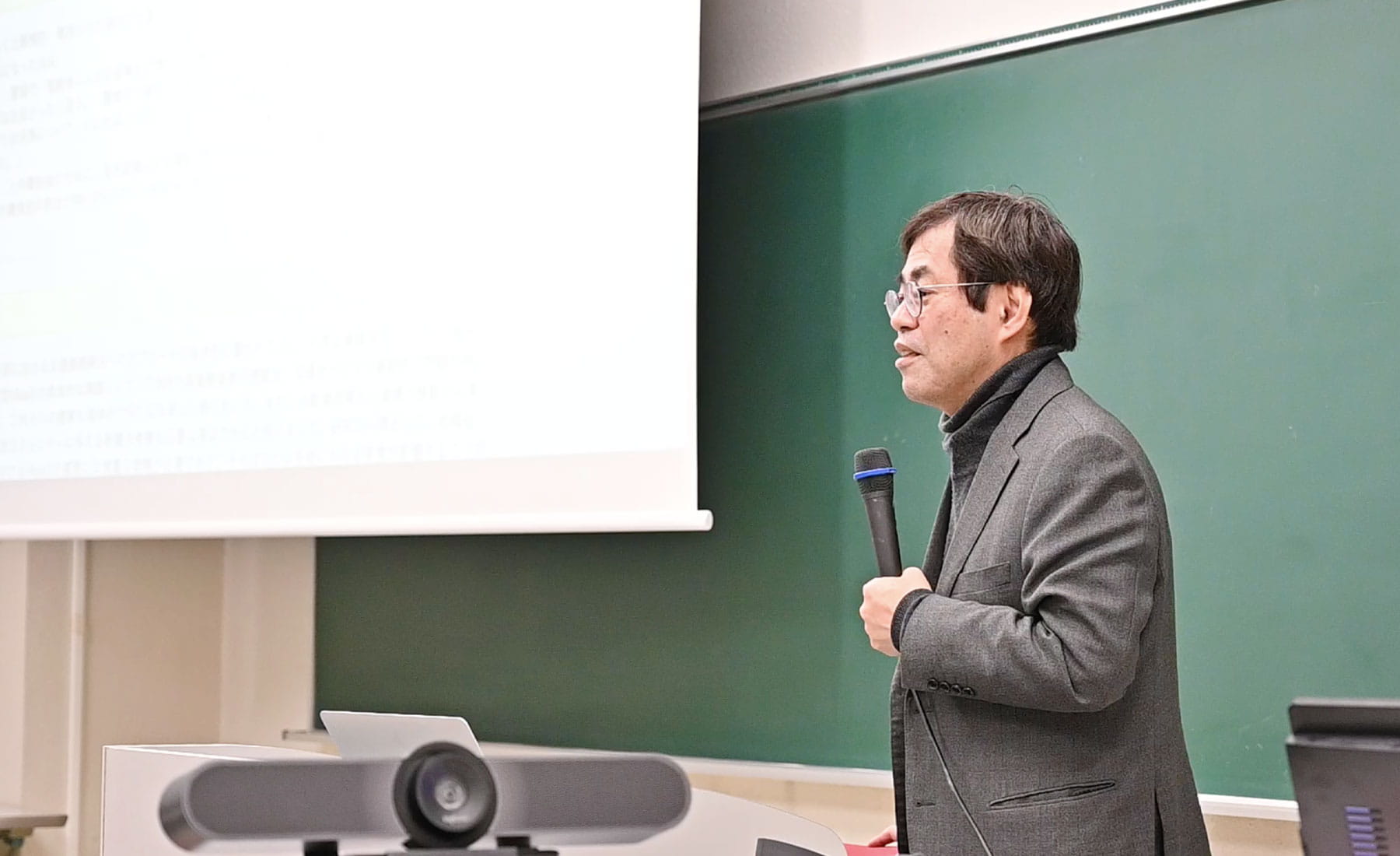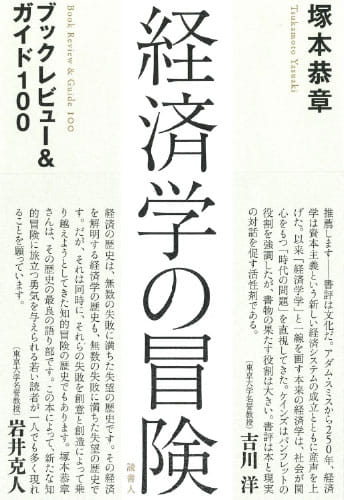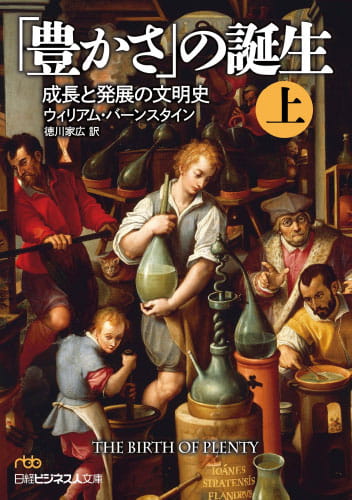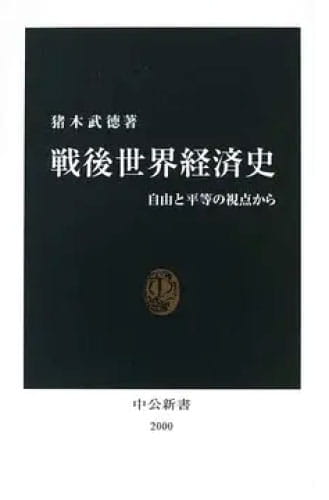Capitalism
Looking at People’s Lives and International Relations
from the Perspective of the Capitalist Economic System

MORIOKA MasashiProfessor, College of International Relations
Viewing international relations
from the perspective of the principles of economic activity
that have a significant impact on daily life
Why look at international relations from the perspective of capitalism?
MoriokaVarious conflicts occurs, and heads of state get together to make crucial decisions to address theme. When discussing international relations, these high-profile events tend to attract attention. However, to gain a deeper understanding of various global events, it is essential to consider the everyday behavior and background of people living in each country.
Human life is multifaceted and consists of many elements. In this context, I focus on the capitalist system or market economy because it is the principle that drives a large part of our economic activities, ranging from working to consumption.
Not only profit-seeking companies, but also non-profit-seeking institutions, such as universities, exist operate within the framework of market principles. Indeed, they must balance their revenues with their expenditures. Market principles permeate many parts of our daily lives, including buying products, working part-time in a store, and studying at university. Even reading this article right now is a time-spending activity. The question of how much money we can earn for what kind of work and what kind of products we can buy significantly influences our feelings, consciousness, and happiness.

Since the end of the Cold War, many countries have chosen capitalism.
MoriokaThere are also negative aspects to capitalism, such as income disparity and unemployment. In the 20th century, the socialist economic system was created in which the state systematically controlled production and distribution to create a classless society. The Cold War period, where the world was divided into Eastern and Western blocs, continued until the end of the 20th century. But now, many countries have chosen capitalism. Underlying this choice is the increasing product diversification under the capitalist system -- new products appear one after another, from refrigerators to smartphones--, and people’s the strong desire to choose and buy what they like (and need) from well-assorted products. From a long-term perspective, these factors can lead to a grave systemic change in international relations. It was not only anger at the restrictions on political freedom that ended the socialist system and the Cold War. People in the East were also frustrated by the low variety and quality of products, the lack of what was readily available in the West, and the frequent queuing and waiting required to buy products.
As in Singapore or post-reform China, the affluence afforded by economic freedom can partially soften criticism of limited political freedom. Meanwhile, in some Middle Eastern countries, there are concerns that immersion in consumption weakens unifying religious forces. These examples show that it is important to observe that politics is being conducted while exploiting or suppressing people’s tendency toward the affluence of consumption and freedom of economic activity.

Understanding the positives and negatives
of capitalism and learning from history
Please tell us about your research.
MoriokaMy area of expertise is the systems and mechanisms of markets in which firms produce and sell goods and services. Right now, I am investigating capitalism’s functions that allow buyers to buy desired products when they want and drive sellers to develop new products one after another. These positive aspects of capitalism are closely related to the competition among firms to sell products, which is also the source of the difficulty of finding work, the severity of the work itself, and the income disparity.
In recent years, there has been a lively discussion about the limits of capitalism and alternative, more desirable economic systems due to increasing disparity and exacerbating climate change. What is important for such a discussion is to look back at the history of socialism as the attempts to radically overcome the negative aspects of capitalism, to reconsider how it was born, and what the results were. Part of my research theme is to examine various ideas that criticize capitalism and the consequences of revolutions and reforms based on those ideas.
Conducting research on the topic of
“economic growth and human well-being”
Please tell us about your seminar.
MoriokaThe overall theme of the seminar is “economic growth and human well-being (happiness).” During the period of high economic growth, individuals could pursue happiness based on their own values, assuming that income would continuously increase. But now, with the significant slowdown in the growth rate, it has become necessary to construct a social consensus on what should be prioritized, and international organizations are developing various indicators for happiness. Sharing interests in this common theme, students of my seminar freely choose their personal themes based on their concerns and summarize them in their graduation theses. Students have selected a diverse range of themes. For example, some focus on concrete systems in particular regions, such as transportation, logistics, or IT uses; some set a theoretical theme, such as “the right for existence and labor” in the context of basic income; and some analyze “the history of Westernization of women’s clothing in Japan” from the viewpoint of the gender gap.
Regarding graduation theses, I advise everyone to set specific and clearly articulated questions while maintaining a broad awareness of the issues typical of the College of International Relations.
For Those Interested in Capitalism: BOOKS
塚本 恭章
経済学の冒険
読書人(2023年)

ウィリアム・バーンスタイン
「豊かさ」の誕生:成長と発展の文明史
日経ビジネス文庫(2015年)

ブランコ・ミラノヴィッチ
資本主義だけ残った
みすず書房(2021年)

コルナイ・ヤーノシュ
資本主義の本質について
講談社学術文庫(2023年)
猪木 武徳
戦後世界経済史 自由と平等の視点から
中公新書(2009年)
